Energy Drinks: Creating a Different Vibe.

Andrew Wardlaw
17 Mar, 2022 | 2 minute
For our Trend of the Week, we zone in on Energy Drinks. The pandemic could reset the energy drinks category, reaching shoppers who typically walk on by. Here, we take a look at some of the directions that challenger brands are taking, in pursuit of a new category vibe.
Against expectations, sales of energy drinks have kept on rising as the world battles with corona. In the U.S, dollar sales grew 12% in the year to April 2021. In the U.K, the category added 15% to reach £1.56bn by September 2021. Looking ahead, one market analyst predicts annual growth could average over 7% to 2027, when the category is predicted to smash $100bn.
As world events compound anxiety levels on an already fatigued population, sleep patterns will remain disrupted. And economic fallout will coax us all to work harder to safeguard our own futures. Energy, in its personal calorific form, will become a more salient resource.
So, could this new reality unlock fresh momentum in energy drinks as shoppers rethink relations with a category so far dominated by Coca-Cola, PepsiCo, Lucozade and Red Bull?
On the world’s stage, energy drinks is one of the noisiest categories there is, and yet it remains irrelevant to most people - particularly those over 25! In the U.K, KANTAR’s out of home purchase panel measured penetration levels at just 10% (52 w/e to 27.12.2020). But this could be about to change, because if you step back a bit, you’ll witness a groundswell of challenger brands promising new ways for consumers to health up and support their mental and physical energy, and a lot more besides.
Beyond Coffee
As people crave the indulgence and flavor of coffee while also seeking the refreshment of a carbonated beverage, we’re seeing coffee and sodas converge with propositions such as Matchless Coffee Soda (U.S), which uses ‘locally roasted coffee’ that is brewed hot and flash chilled.
OAZA Cold Brew (U.S) harnesses electrolytes to increase hydration and counter inflammation, with varieties in Black, Oat Milk and Cacao Mocha flavors.
Meanwhile, in Australia, Before You Speak offers Octane Thermogenic Coffee in sachets, featuring healthy doses of additional ingredients such as green tea, L-carnitine, turmeric, MCT and Siberian ginseng to help customers achieve more.
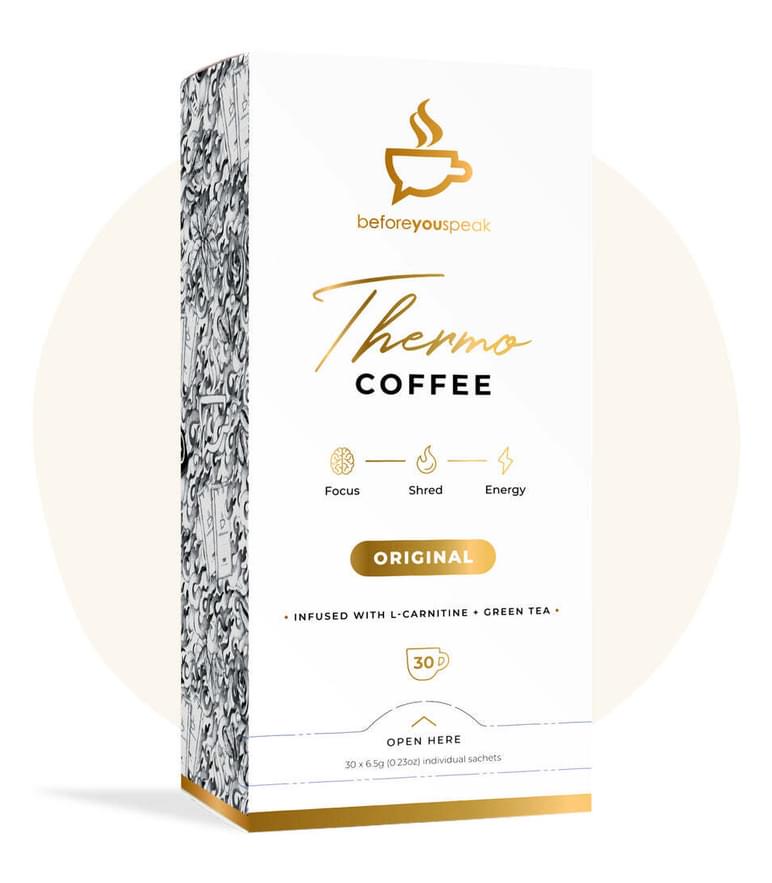
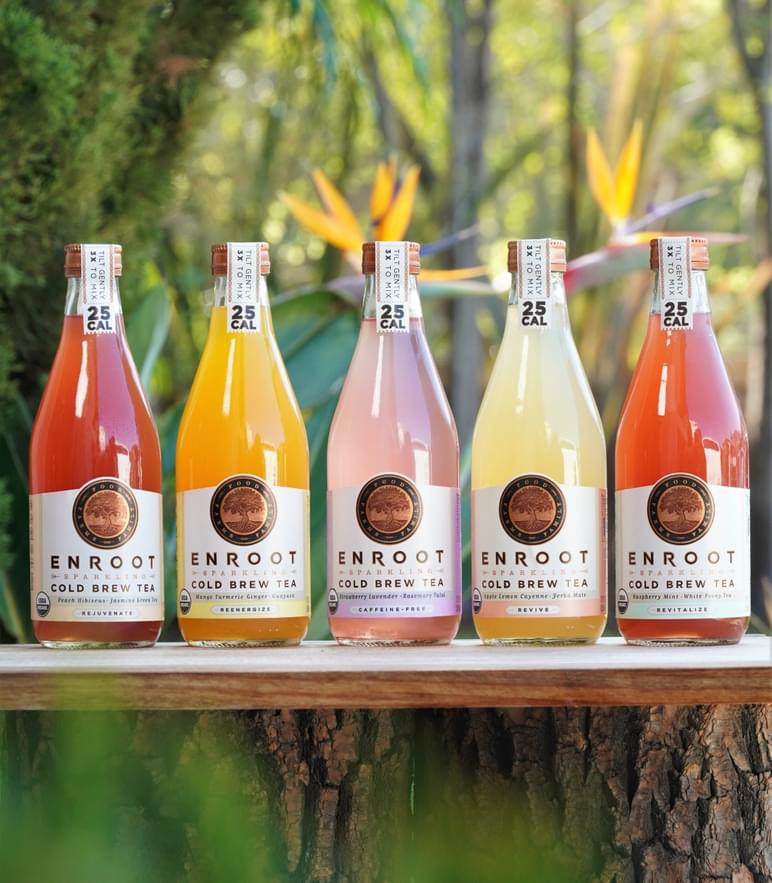
Charged Tea
As an alternative, some brands are taking to tea to impart health benefits. Sound Sparkling Tea offers ‘palate stimulating flavors’ and ‘the energy of bubbles’ to deliver sugar free replenishment.
ENROOT Cold Brew Tea (U.S), has Brad Pitt as one of its backers, and uses guayusa – which offers twice the antioxidants of green tea, white peony tea and yerba mate to provide a natural, cleaner energy boost. It’s worth noting the brand’s slow 20-hour cold brew process, which creates a more nourishing result.
Maximum Workout
In a toughened environment, people tend to push themselves harder. For those living their best lives at the gym, we’re seeing an acceleration of pre and post workout energy drinks. Topping up amino acids before training, Optimum Nutrition (Australia) has created an Amino Energy sugar free beverage that combines 5g amino acids, 100mg caffeine from green tea and green coffee to increase alertness and focus.
Brewed in California, , NOVA offers non-alcoholic ‘high performance’ kombuchas – for ‘Power’ and ‘Recovery’.
GOAT FUEL (U.S) combines functional mushroom cordyceps with ginger, guarana, green tea and amino acids to target the energy and recovery needs of workout enthusiasts.
And adding a new dimension, Rowdy Energy (U.S) has launched a new metabolism-boosting energy drink clinically proven to burn 135 calories per can.
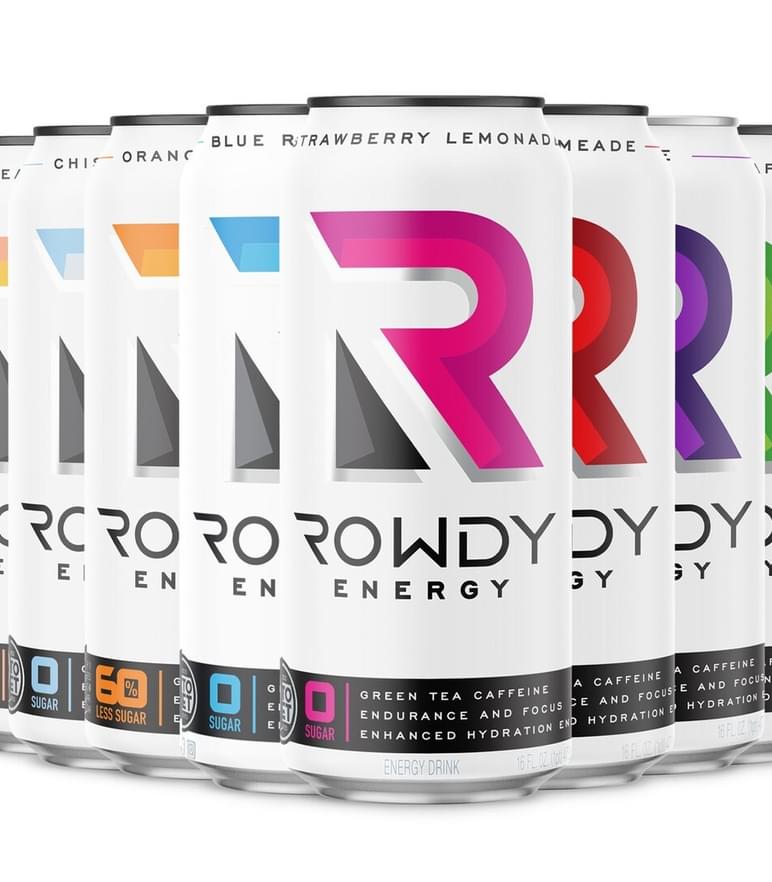
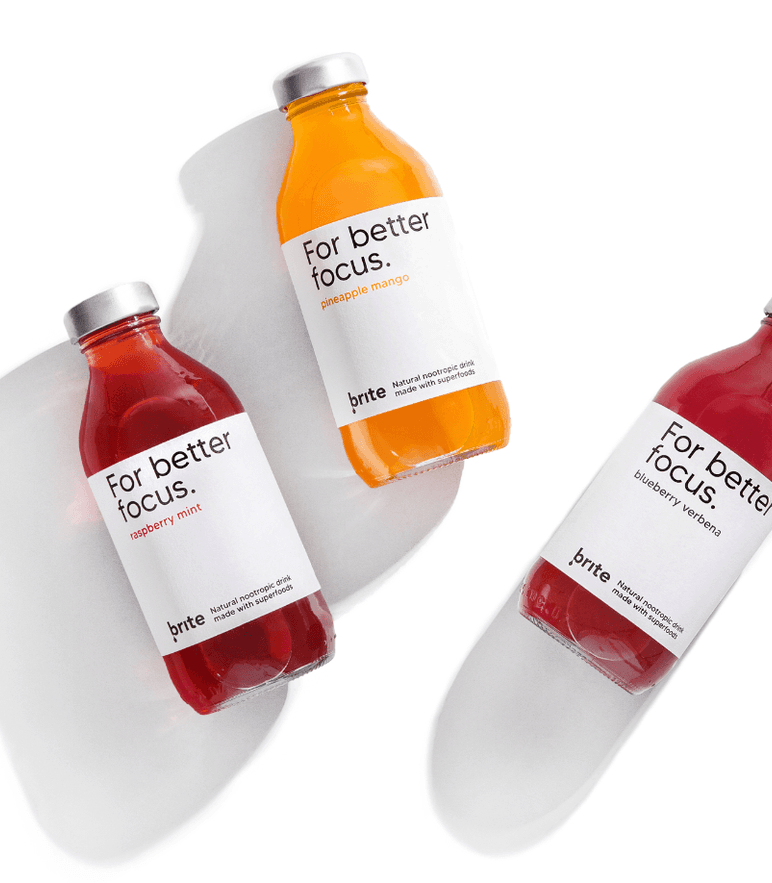
Mental Energy
The importance of mental energy has been accelerated by the pandemic. No question. And this has increased people’s interest in new ingredient types such as nootropics. Nootropics are naturally derived compounds said to affect cognitive activities such as focus, attention and mental acuity. L-theanine, creatine and ginkgo biloba are some of the more widely used nootropics.
In the energy space, Brite Drinks (U.K) are suggesting that we replace coffee & energy drinks with Brite to get more done. Backed by neuroscience, made of superfoods.
And in Thailand, consumers can access Commando Man for cordyceps and ginseng to get a mental energy boost rather than a physical one.
Energy Plus
Recognizing that people haven’t got the time or money to cater for every need, manufacturers are increasingly pairing energy with additional health priorities such as immunity. Released in Singapore, the Solar Power energy drink from Heineken is targeted at working adults and those looking for cleaner label options. This beverage boasts caffeine from guarana and green coffee beans with a boost of vitamins C and D.
Beta-glucans from Reishi mushrooms to enhance immune function are featured in Rowdy Mermaid’s (U.S) new tonics in Ashwagandha Blackberry, Matcha Yuzu, Strawberry Holy Basil and Chamomile Lime flavors
In the U.K, Weetabix has elevated its breakfast drinks range with energy and immune support, delivering high protein and fibre into the bargain.
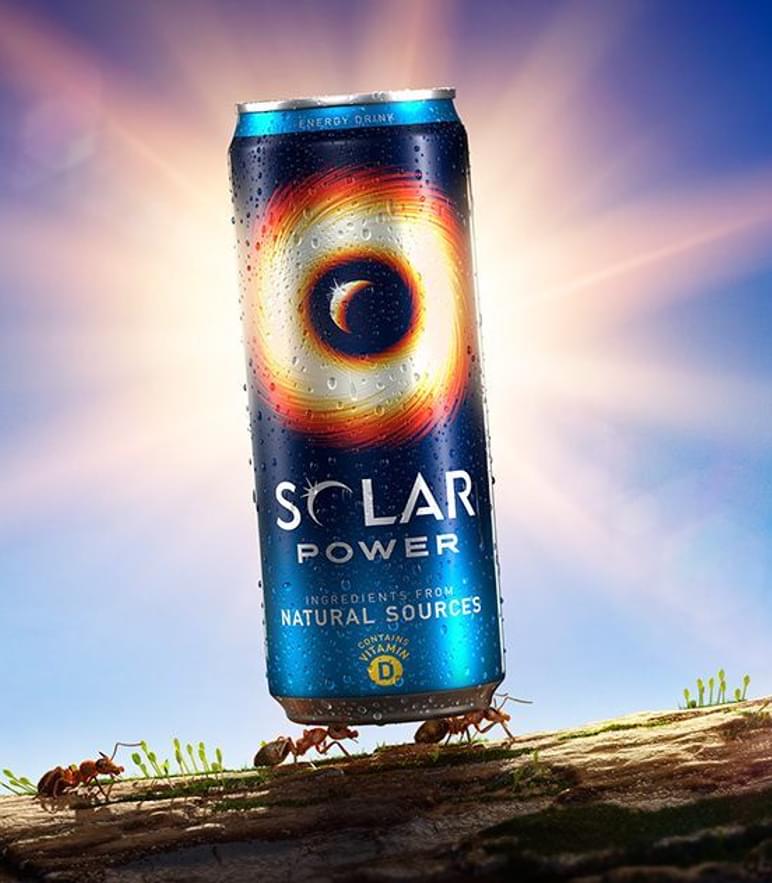
Future Direction
As we take stock of an expanding energy drinks category, a few things become clear. First, most new entrants are challenging the idea that all energy drinks must be laden with sugar and high in caffeine. Second, the concept of energy now extends (almost seamlessly) into mental performance, and many of these products frame energy in a more holistic way. Third, as consumers health priorities multiply, there has been an acceleration of hybrid 'energy plus' liquid launches. This latter development has the power to appeal to hard-pressed shoppers who are going to demand greater value from non-essential categories.
To make this a positive reset, manufacturers must continue to harness plant based ingredients that support a more natural proposition.
Don’t underestimate the power of stories around the origins of ingredients at this time. People are looking to do more to support their health, and they want to educate themselves on emerging ingredients. Awareness of functional mushrooms is low, but our own research indicates a readiness from consumers to engage with fungi fired benefits.
And in a category that is often considered to be too macho to care, brands must find more ways to be sustainable, partnering with reputable bodies that bring credibility to a more modern positioning. Riff Coffee Company (U.S) makes use of cascara, the dried skin that surrounds the coffee bean that is often discarded, helping the brand claim to be America’s first certified carbon neutral energy drink. As the brand remarks, this is truly ‘Feel good fuel.’
For a FREE 20 page report, compiled in collaboration with thefoodpeople and illustrating recent global launches in the energy drinks sector, get in touch…